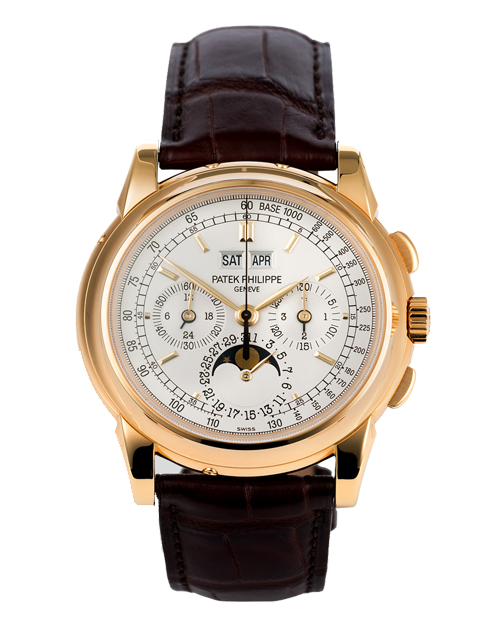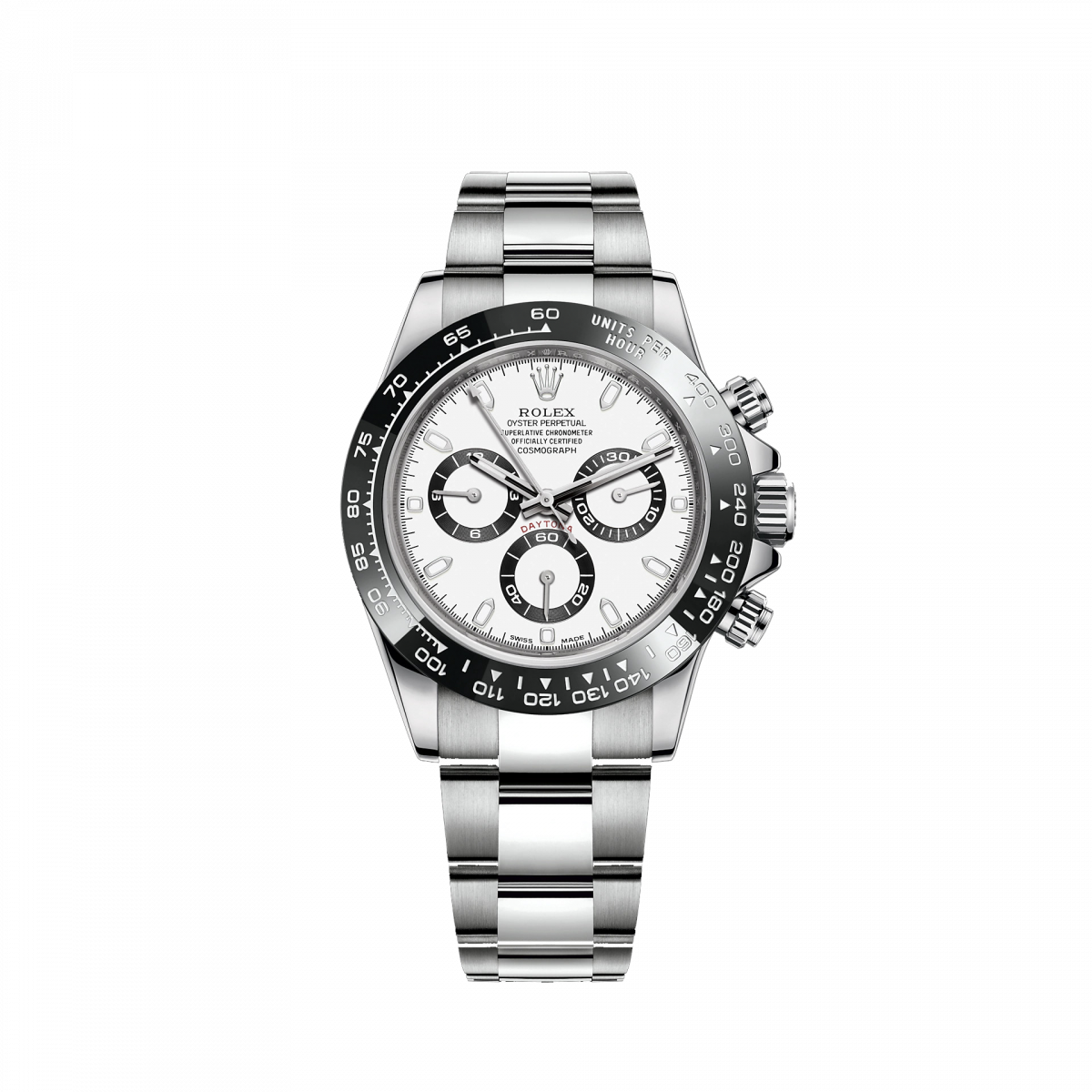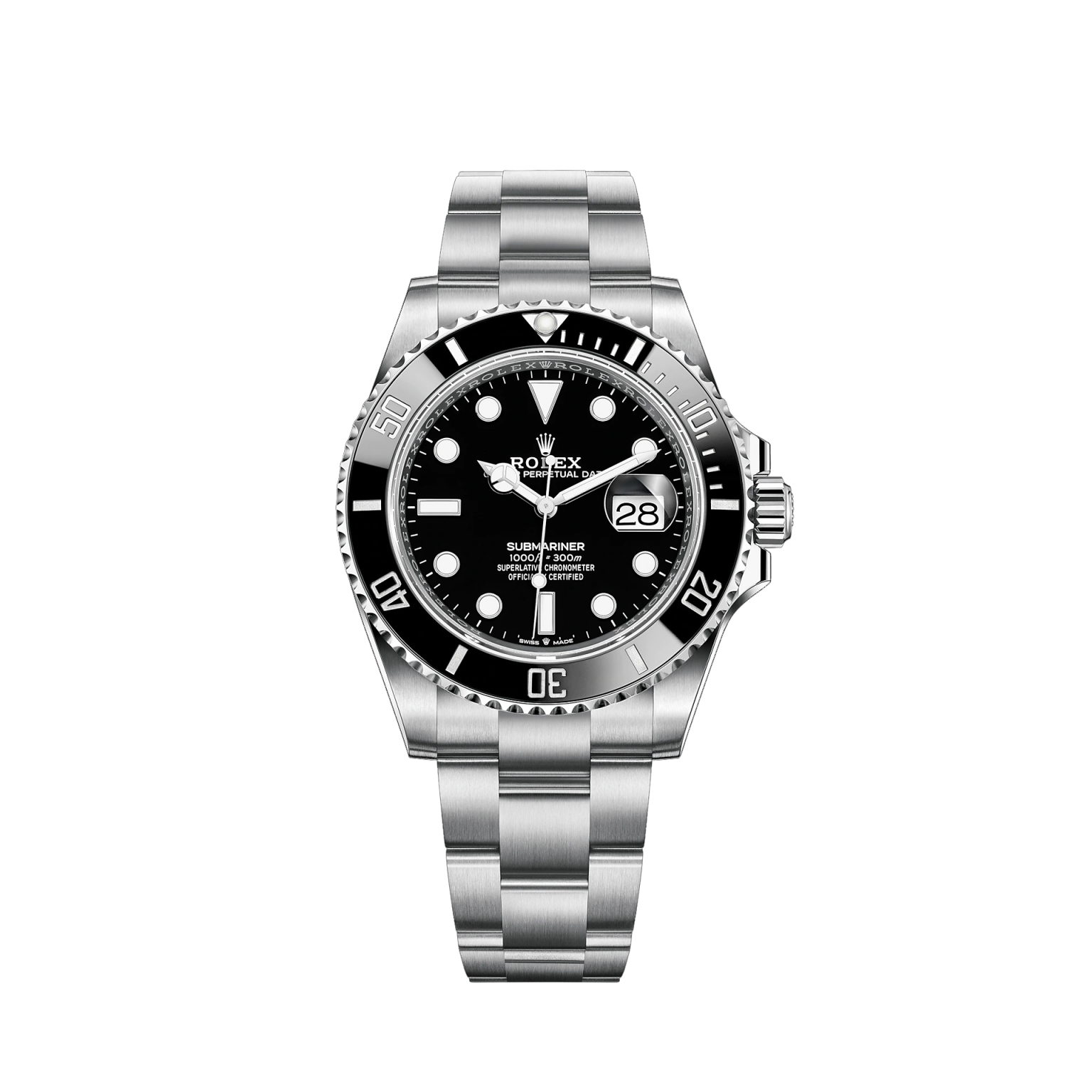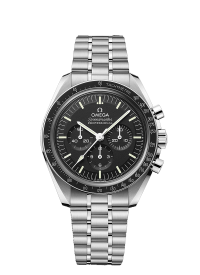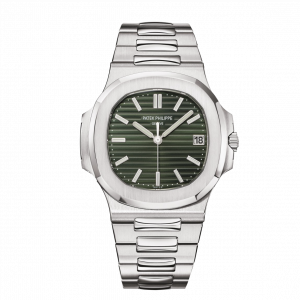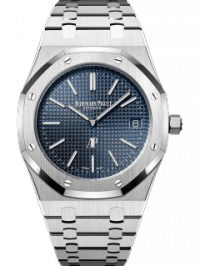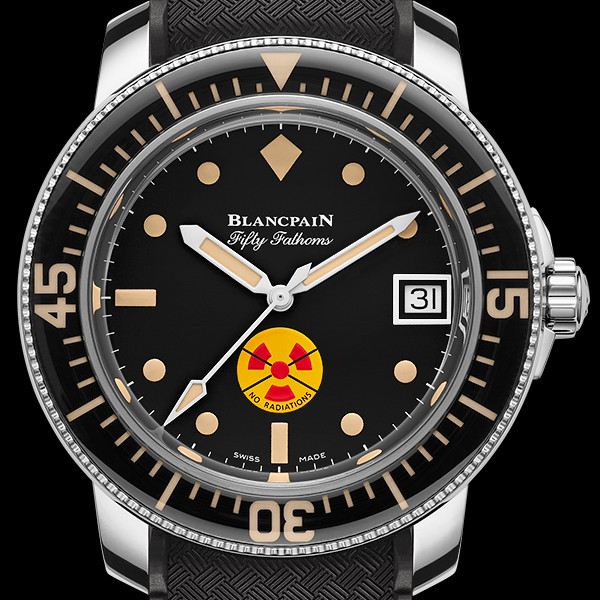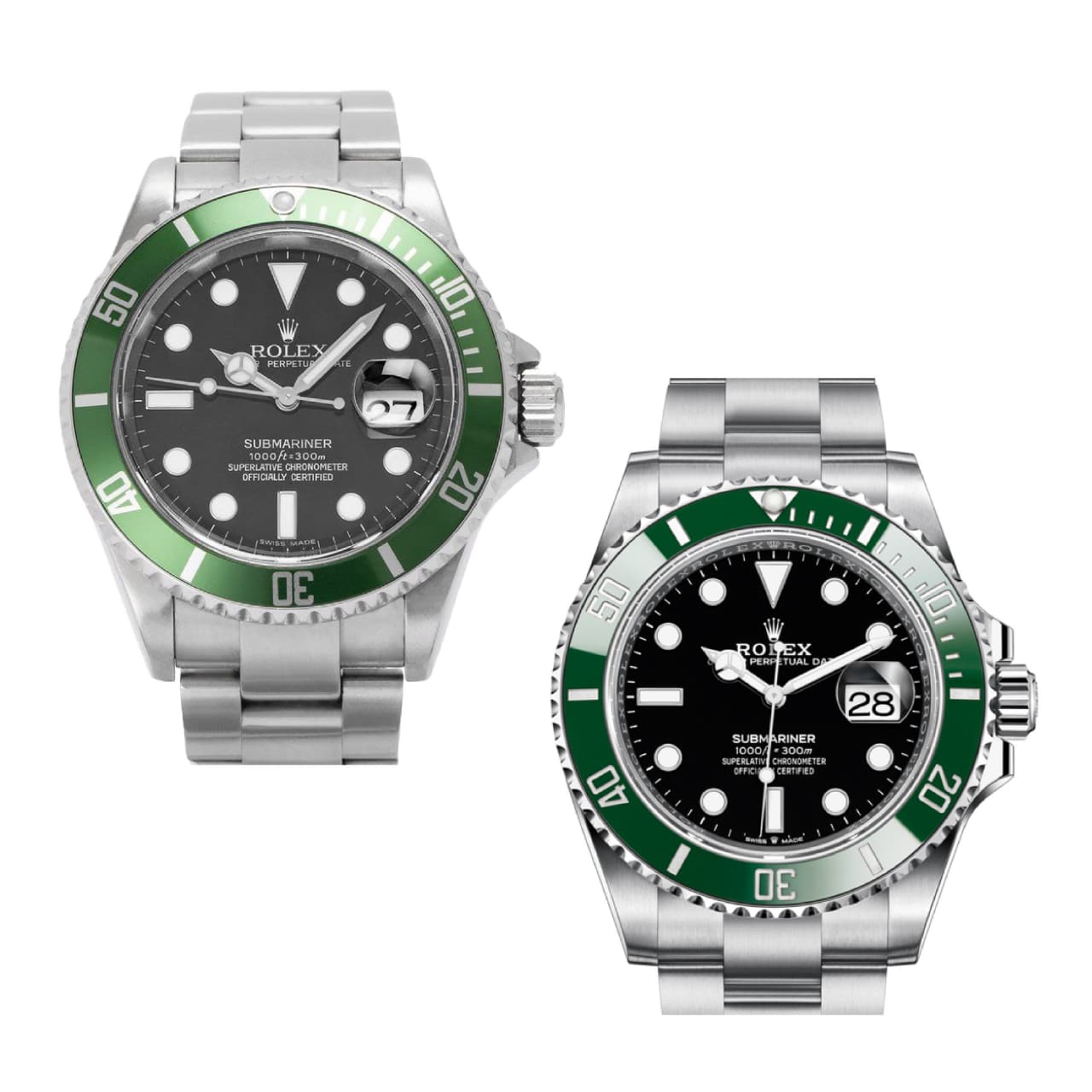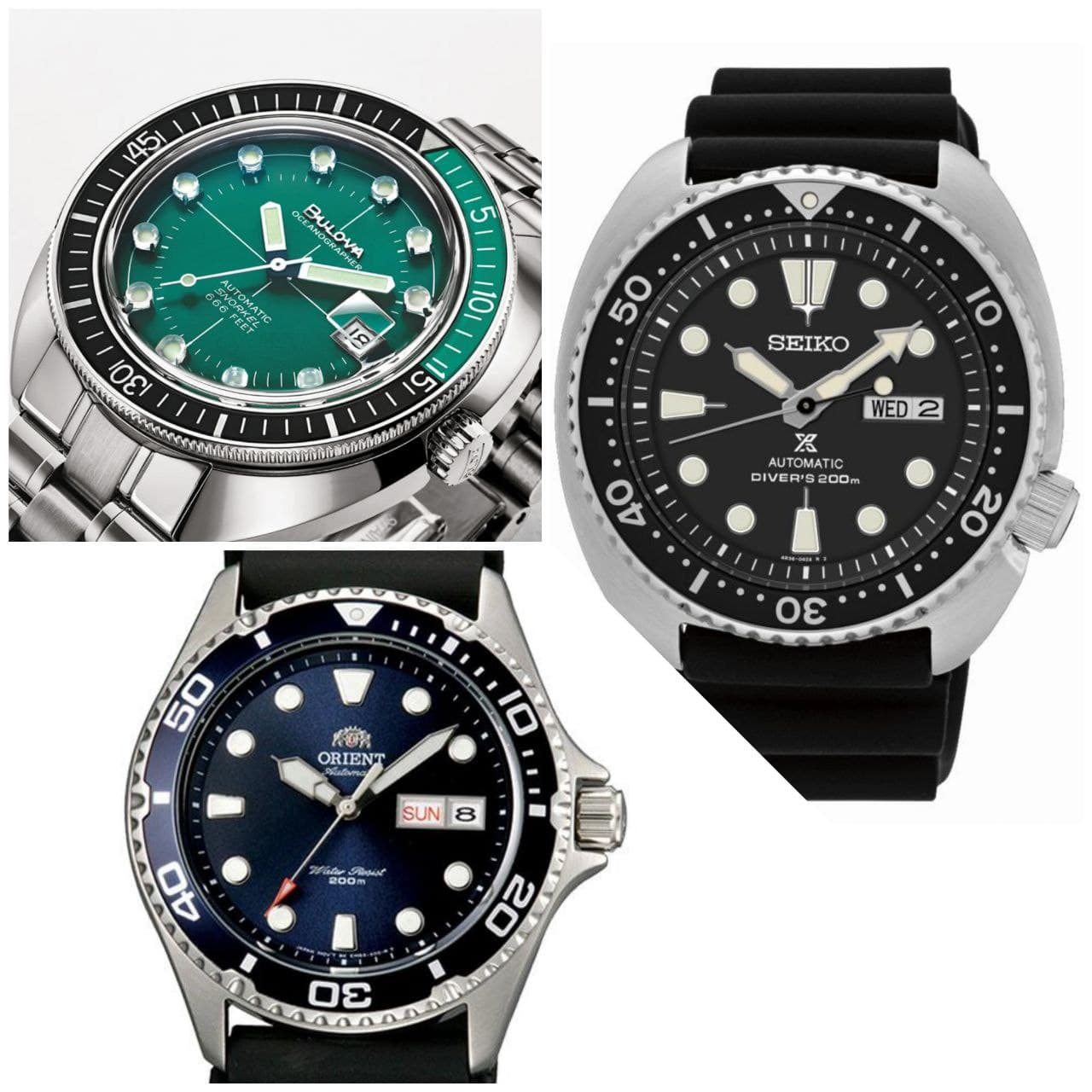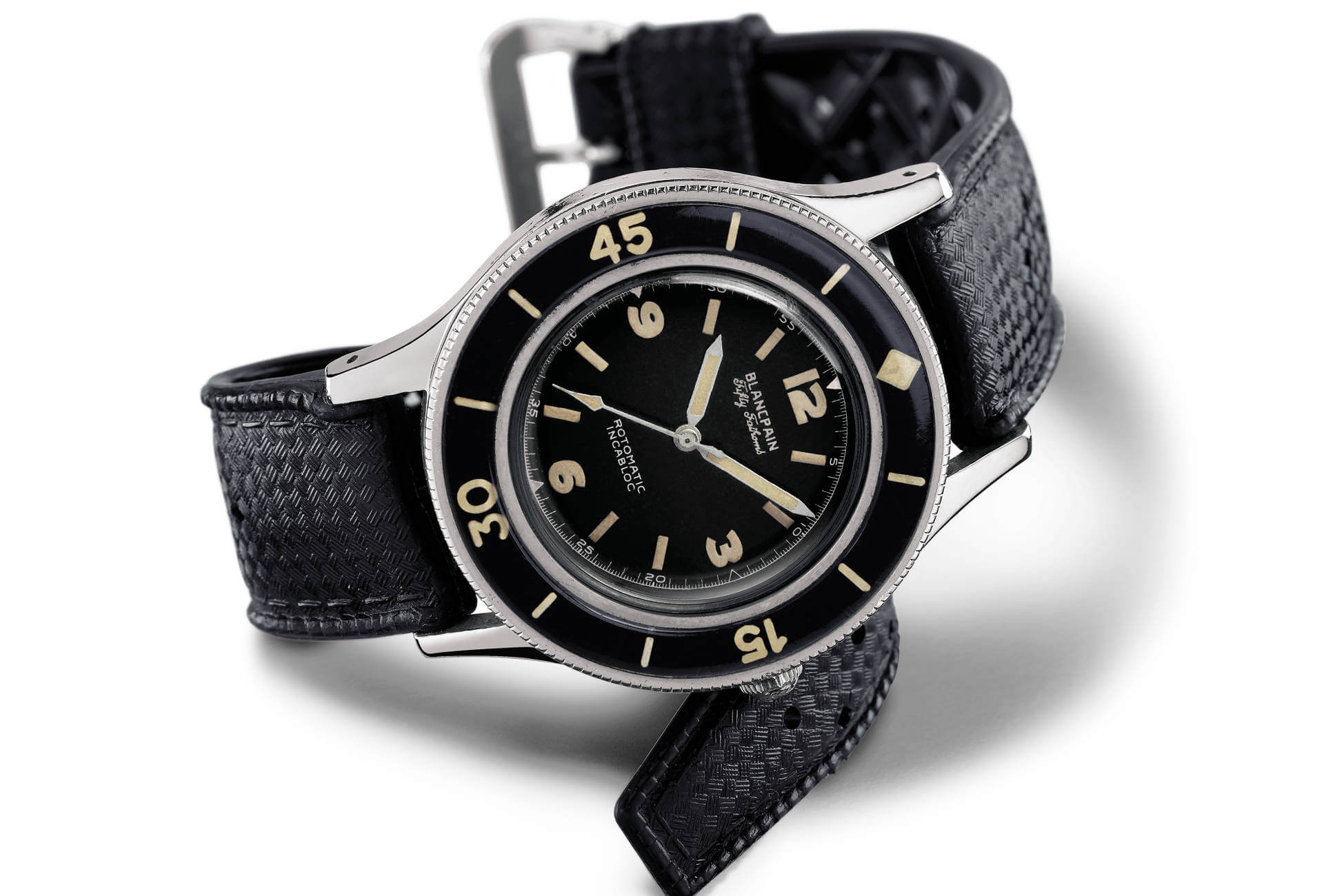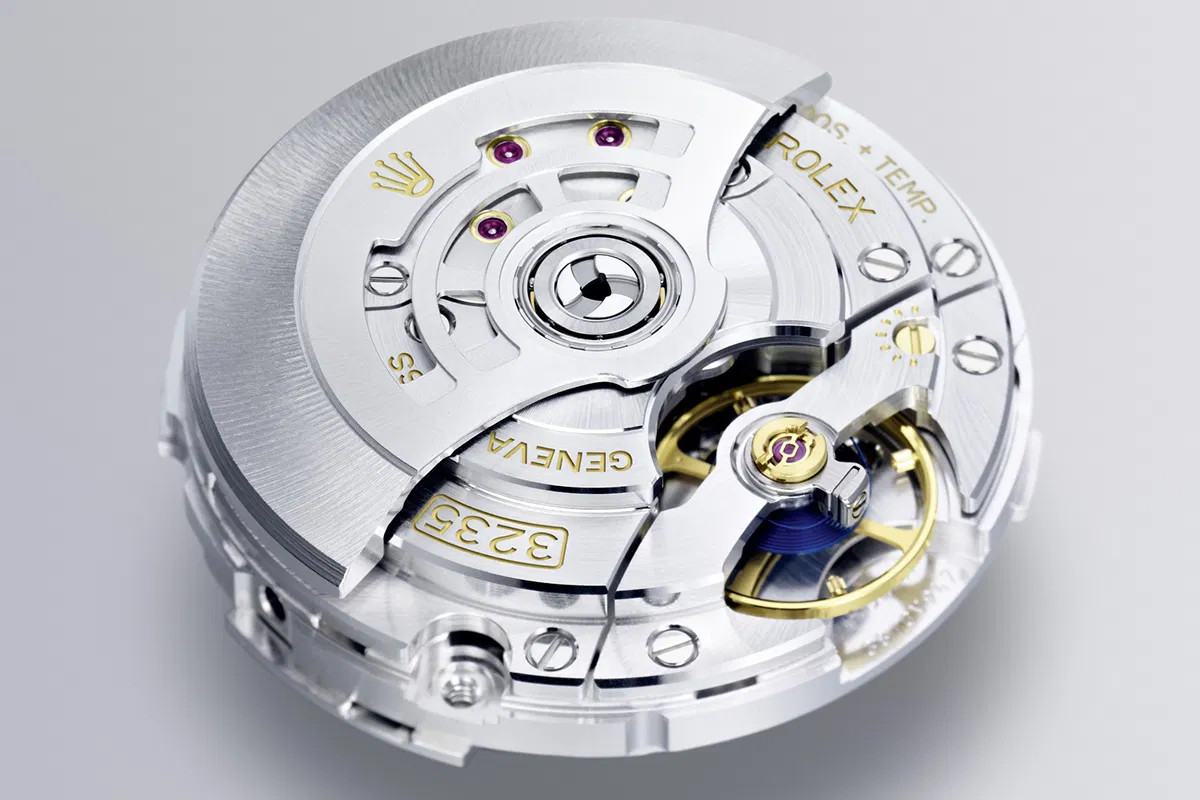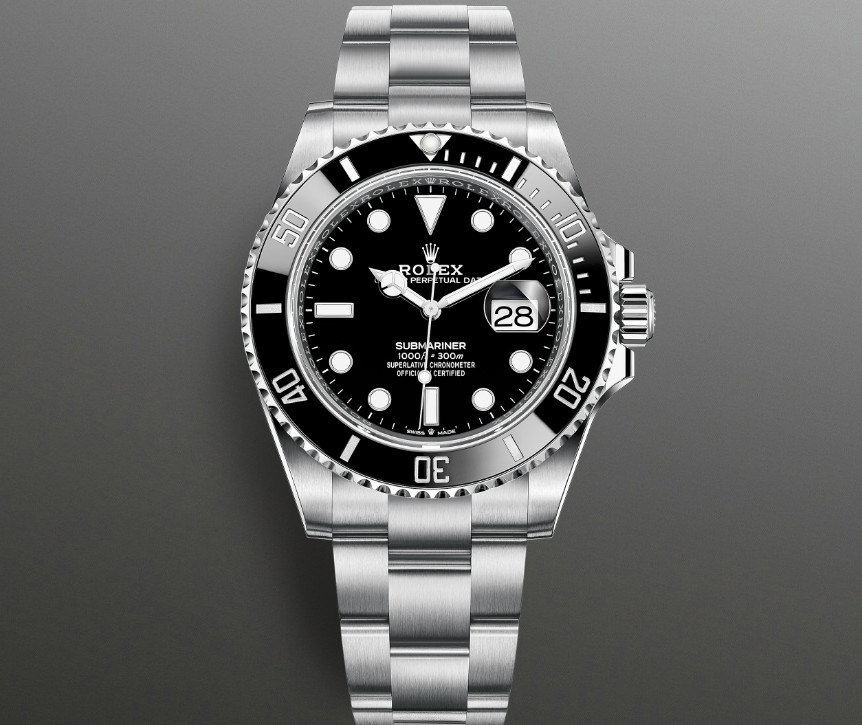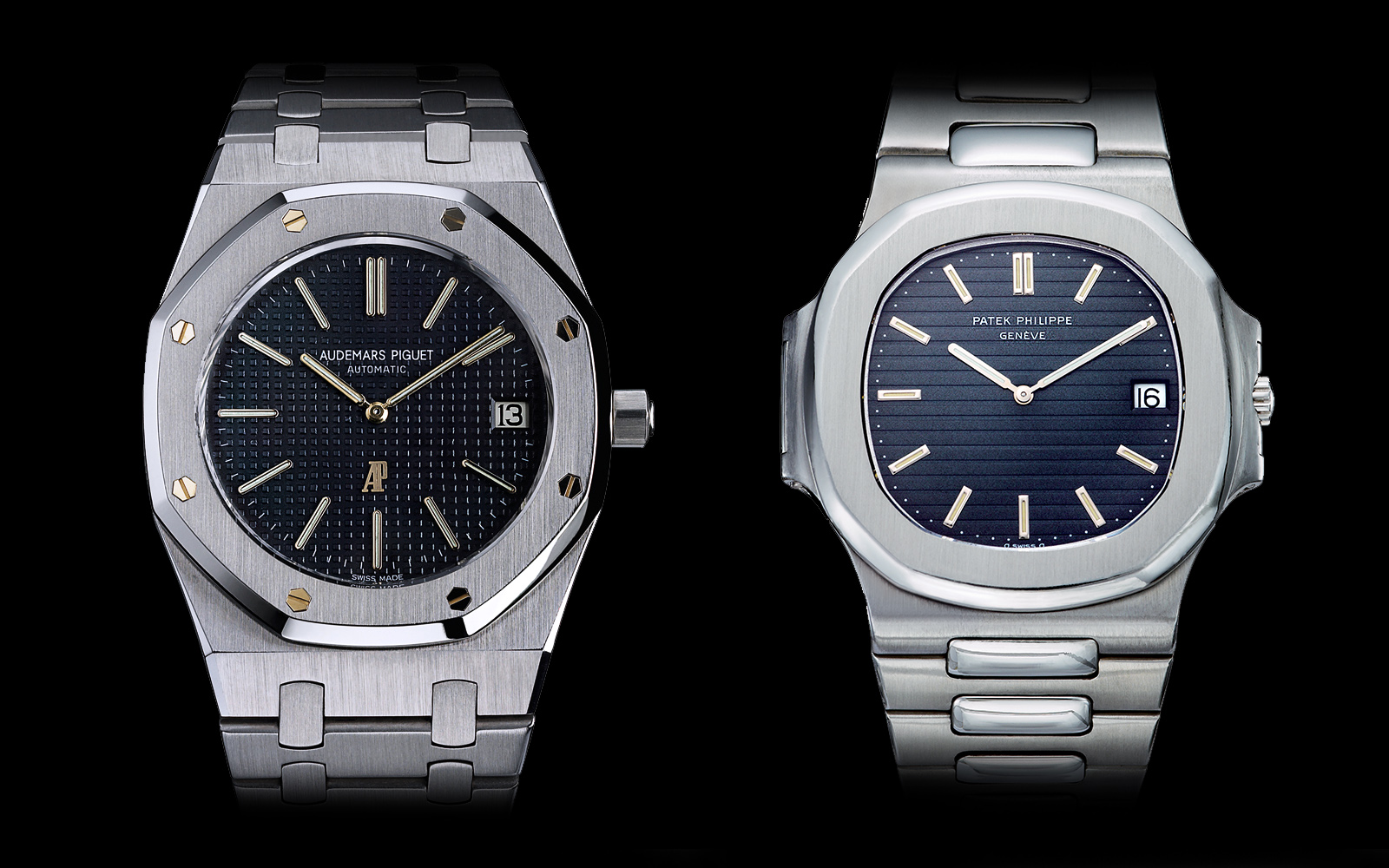Dr. N.
The mechanical watch: a choice that looks to the future
The mechanical watch may appear, in the era of quartz precision, an anachronistic choice. It certainly cannot guarantee the precision and robustness of a digital watch, nor its ease of maintenance. It requires more care and attention than the quartz counterpart.
So why does the mechanical watch continue to fascinate millions of fans around the world? The answers to this question are manifold, but there are two main reasons for the charm of a mechanical watch.
Let's find out why the mechanical clock is ancient and futuristic at the same time, a viaticum for the days to come.
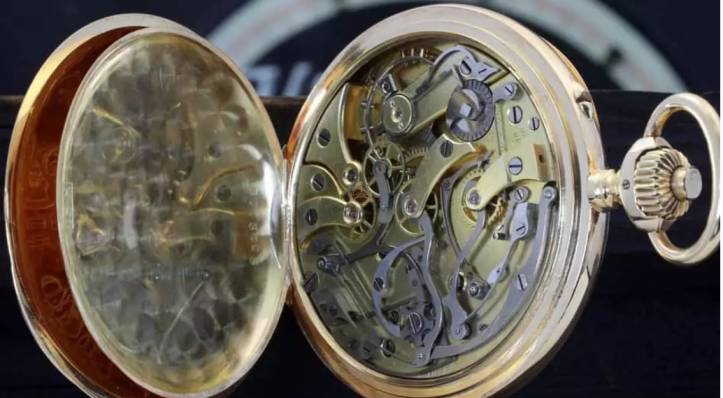
The mechanical watch needs the wearer
The quartz watch depends, for its operation, on a battery that powers it. When the battery power runs out, it is replaced. The operation of the quartz watch is identical, whether it is on the wrist or lying forgotten in a drawer.
A mechanical clock requires an external energy source to function. This source of energy can only come from man.
The way in which human energy enters the watch determines whether we are in the presence of an automatic winding movement or a manual winding movement. The first reloads itself by taking advantage of the movement of the wrist, the second requires the rotation of a winding crown at periodic intervals (usually, it is recharged every evening).
Whether the mechanical watch is automatic or manual winding, it is in any case an object that cannot have its own autonomous operation, if it is not supplied with energy by human action.
The mechanical watch is a look towards the future
As curious as this statement may seem, few objects can be said to have been made with the foresight of a mechanical watch.
The mechanical watch movement is composed only of metal components and rubies. A quartz watch, on the other hand, depends on its operation on silicon components and printed circuits.
The electronic components of a quartz watch are produced by specialized companies that manufacture a certain number of pieces. Once the watch's production period is over, these components are no longer produced, but replaced by a new series, updated, more modern and certainly performing, but not the same. Once a quartz watch goes out of production, it can no longer be repaired: when it breaks, it will have to be thrown away.
A mechanical watch contains a movement made exclusively with springs, gears and other metal components, and anti-friction elements made up of rubies. All these components are, without exclusion, maintainable and replaceable. When the mechanical watch goes out of production, it is almost always possible, especially for widely distributed models, to find spare parts. If it is not possible, a watchmaker will always be able to rebuild the spare part from scratch. Exemplary the case of the most prestigious Swiss house ever, Patek Philippe, which has a division of watchmakers entirely dedicated to restoring the oldest pieces produced by the house in efficiency. These watchmakers are first taught how to make their own tools: when they master the making of the tools, they go on to build the real spare parts. It is a difficult procedure, which only a few, skilled craftsmen can complete: but thanks to the nature of the mechanical watch, with expert hands it is always possible to bring it back to efficiency.
To better understand the difference in potential duration between a mechanical and a quartz watch, just think of vintage cars: those built before the seventies do not contain microprocessors. The electronics are limited to a simple distributor, the alternator and a few coils. These vehicles, even the octogenarian ones, are always repairable, and continue to show off in historical re-enactments. The newer cars are more performing, parking in consumption, silent and less polluting, thanks to electronics. But they can never become classic, because there will be no spare parts to keep them efficient, nor will it be possible to build again the microprocessors that operate the control units on which the efficiency of the entire vehicle depends.
Conclusions
Two intrinsic connotations give the mechanical watch a timeless appeal, which no very precise quartz watch can ever scratch. The first is being inextricably linked to the wearer, because without the energy that man chooses to give him every day, it cannot function. The second is its perennial duration, thanks to the perfect repairability and maintainability of its movement.
A mechanical watch is not just an instrument that measures time: it is a bridge to the future.


